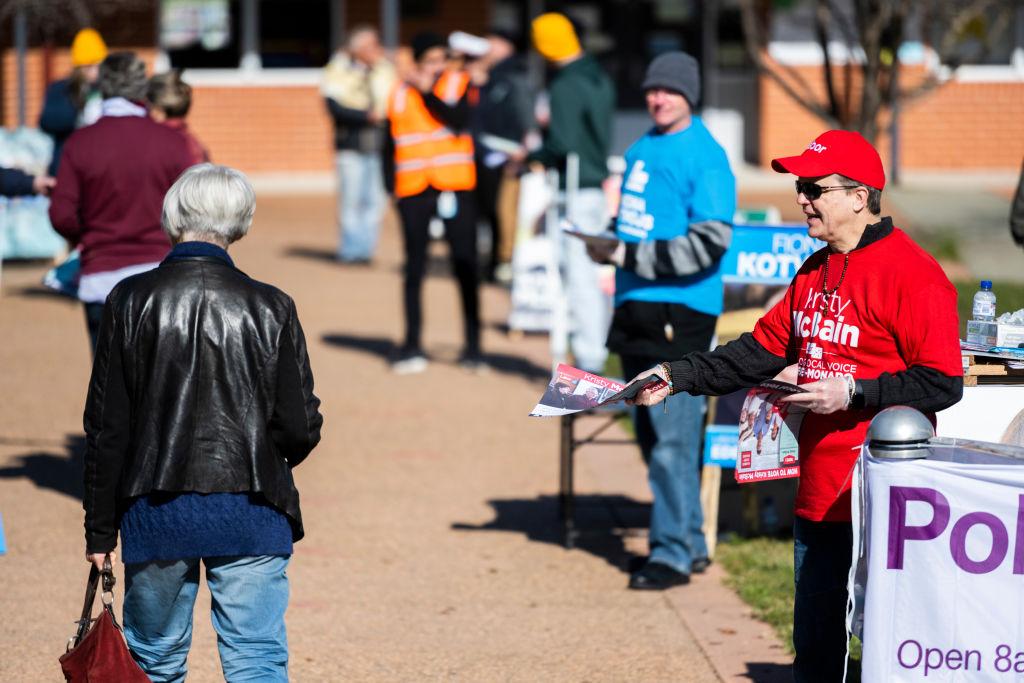Support for Labor is at its lowest ebb since the 2022 election, although the coalition has failed to reap the benefits as voters swing to independents and minor parties, according to the latest Newspoll.
Labor’s primary vote has fallen two points to 36 percent, according to the poll published in The Australian on Monday—its weakest result since it won office with a base support of 32.6 percent.





